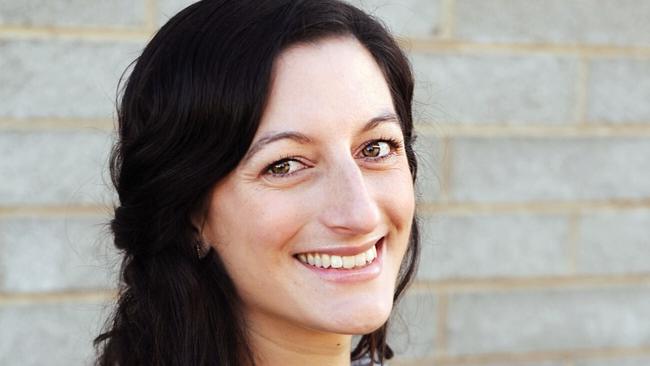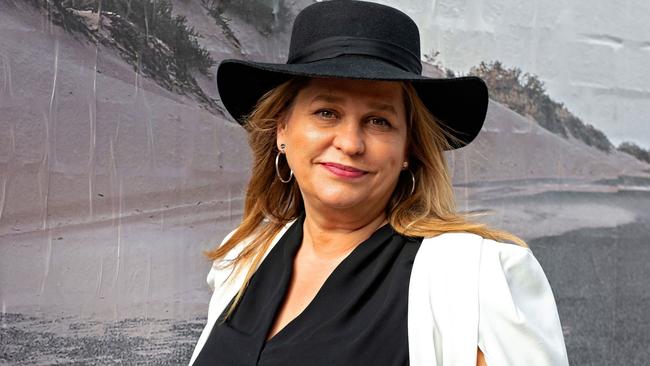How to measure your financial literacy, and why it matters
Testing your money mind is simpler than it seems, and can show gaps in your financial literacy needing repair. Here’s how to do it.
SmartDaily
Don't miss out on the headlines from SmartDaily. Followed categories will be added to My News.
Do you think you have a good money mind?
Do you know how to measure your level of financial literacy?
Don’t worry if you don’t, because there is no expert consistent definition of financial literacy. And even people bursting with financial knowledge may not use it effectively.
The benefits of a big financial brain stretch beyond bank balances, and can deliver a huge boost to peoples’ confidence, lifestyle and the experiences that money can buy.
TAKE THE TEST
Griffith University lecturer in finance and economics Whitley Bejah says US professors have produced three big questions the test financial knowledge.
The questions were wordy with multiple choice answers, but in summary asked:
• If a $100 was sitting in a savings account and grew by 2 per cent a year, would it be worth more than $102 after five years?
• If you had savings earning 1 per cent annual interest and inflation was 2 per cent, would your money buy less than today after one year?
• Is the investment return from a sharemarket managed fund safer than buying a single stock?
If you answered “yes” to all three questions, you pass their test.

Bejah suggests another practical way to understand your level of financial literacy: “ask yourself if you understand how compound interest works”.
This goes for both investment returns and interest charged on credit cards and personal loans, she says.
“I think if a person truly understands the difference between those two scenarios, they will change their money habits.”
KNOWLEDGE GAPS
Australians’ level of financial literacy is solid compared with overseas, but there are worrying gaps.
Recent research by Choosi found that one-third of Australians don’t understand the factors that impact their credit score, 50 per cent worry about their debt, and many don’t understand how buy now, pay later works.
More than 30 per cent would use buy now, pay later even if they had a maxed out credit card or no income source, it found.
Thirteen years ago Phoebe Blamey was a single parent struggling financially amid a business breakdown and large debts.
Financial literacy helped her turn things around and today she is a mortgage broker and author of The Happy Money Journey.
“The greater your understanding of money the more control you have over the direction your life takes,” Blamey says.
“I took small steps. I read a lot and started having conversations with people about money. When I started learning I realised it has very little to do with how much you earn, and much more to do with how you invest and how you spend.”
GET SMARTER
Blamey says anyone wanting to become more financially literate should get their head right and understand they deserve their money and can choose how to spend it.
“If you don’t feel like you deserve it you will find ways to get rid of it – I see it all the time,” she says.
There are plenty of ways to learn, Blamey says, including free courses with the ASX, and the moneysmart.gov.au website.

Bejah also recommends reading, listening to money podcasts, exploring MoneySmart’s resources and using online calculators.
“Speak to a money coach or financial adviser – they have a lot of knowledge and love to educate people to make better financial decisions,” she says. A successful financial mentor can help too.
Be prepared to change. ‘If you aren’t willing to change your behaviour, having a heap of new knowledge about money isn’t going to help your financial situation,’’ Bejah says.
“You’re just going to know more about money.”
…
A QUICK SIX QUESTIONS
Consider yourself financially literate if you can answer “yes” these:
• Do you know how compound interest works?
• Can you explain the financial impacts of high-interest loans such as credit cards versus low-rate mortgages?
• Do you know the rough size of your superannuation balance and how it’s invested?
• Have you read books or listened to podcasts about money?
• Do you understand how the stockmarket and dividends work, and how real estate rent and negative gearing work?
• Do you know the difference between needs and wants?
More Coverage
Originally published as How to measure your financial literacy, and why it matters





